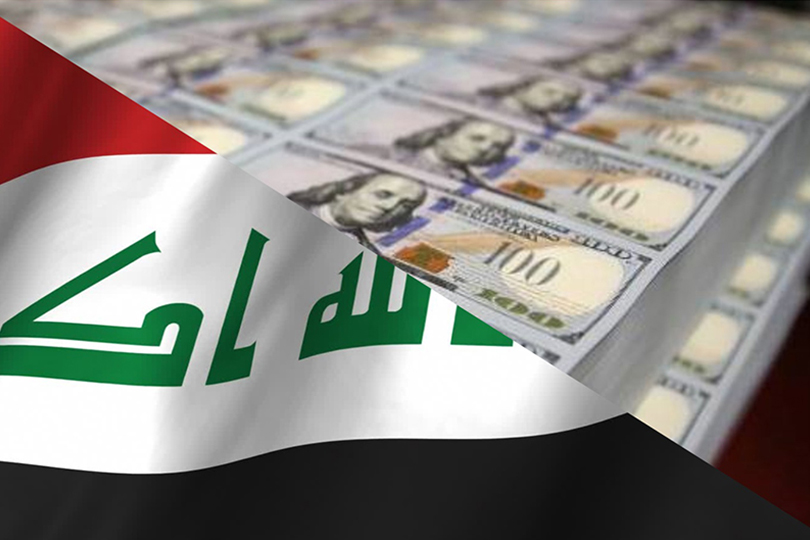The size of the Iraqi economy is $223 billion for the year 2015. The Iraqi economy is completely dependent on the oil sector, where 95% of Iraq's total income is from hard currency. The first Gulf War cost an estimated $100 billion in losses, and Iraq was heavily indebted after the war ended. Iraq from August 6, 1990 to April 21, 2003.
During the siege, Iraq relied heavily on the oil-for-food program, which began to be implemented in 1996 and contributed to a partial relief of the suffering of the Iraqi citizen. Its use in the partial rebuilding of service facilities in Iraq. It was later discovered that this program suffered greatly from administrative corruption problems, as senior officials from the United Nations were involved in cases of bribery and embezzlement, which resulted in a small part of these funds reaching the simple Iraqi citizen.
In 2000, Iraq decided to use the euro currency instead of the US dollar in its oil sales. Before the 2003 invasion of Iraq, Iraq's production reached 3/4 of what it was before the second Gulf War, and the United Nations was deducting 28% of the Iraqi oil exports funds for the account of the United Nations staff and administrative operations related to the oil-for-food program.
When Paul Bremer and the Unified Coalition Authority came, the authority took a number of decisions towards encouraging and implementing the private sector in Iraq, or the so-called privatization, especially in the oil sector. The economic plans and decisions were not implemented by the governments that came after the unified coalition authority, which are, respectively, the Governing Council in Iraq, the Iraqi Interim Government and the Iraqi Transitional Government. These privatization decisions are scheduled to be implemented in 2006.
One of the main obstacles in recovering Iraq’s economy is the huge debts that Iraq owes as a result of the first Gulf War and the Second Gulf War, and some Iraqi officials tried to cancel them because, according to them, they were the result of “the actions of the former regime.” However, this proposition did not fall on deaf ears from the countries that demanding her debts. On November 20, 2005, the Paris Club of official creditors agreed to erase 80% of Iraq's foreign debt, i.e. an amount of $100 billion, to be applied over a period of 3 years. According to this agreement, Iraq got rid of $75 billion of its debts by 2006.




